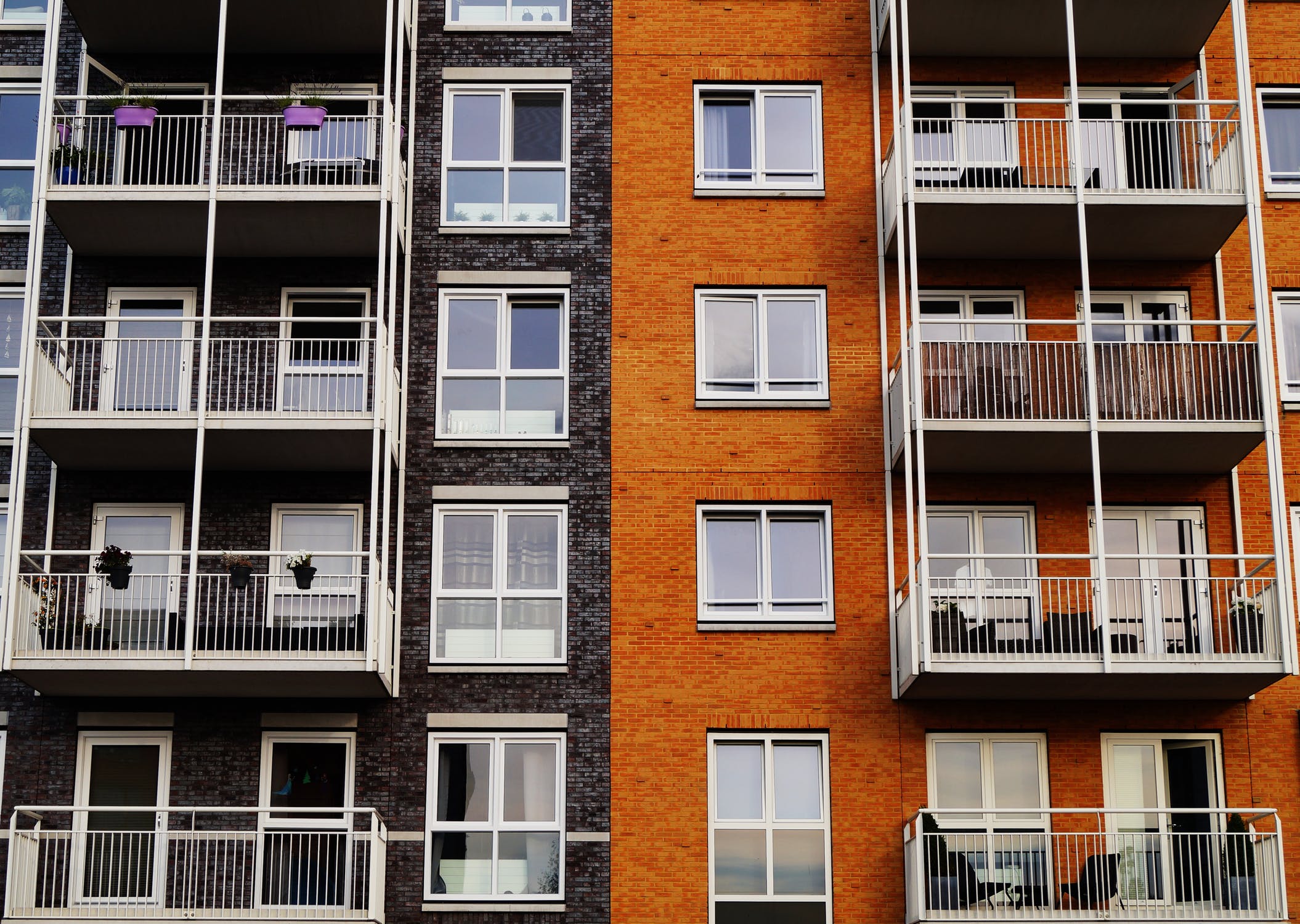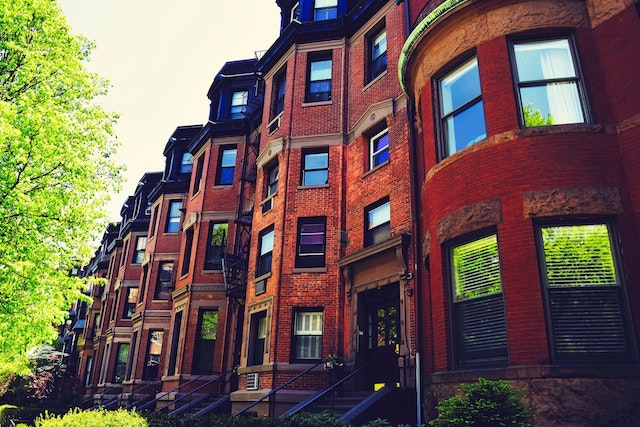Millennials have long gotten a bad rap as slackers who graduate college and move back into their parents’ homes indefinitely. While this may be a reality to some degree, the causes for it may also be somewhat misleading.
In truth, more millennials are getting bachelor’s degrees than any other generation in history but they are also leaving school saddled with more debt than any other generation as well. In 2018, nearly 70 percent of college students needed to take out student loans, with the average student graduating already $35,000 in debt. The conclusion? Millennials may not be flocking back to the nest out of laziness or lack of drive or ambition but merely out of necessity.
Even millennials are aging, however, with the eldest in that demographic now approaching their 40’s. As their careers are progressing, their salaries are also rising, giving them additional spending power. As a result, they are moving out of the basement and into homes of their own. Here are three reasons millennials might be leaving the nest for good.
- They don’t want to live the same places their parents did
For decades now, young city dwellers have followed a migratory pattern almost as old as time. Marriage, family and a move to the suburbs was almost an unquestioned rite of passage in America. Today, however, millennials are reversing that trend and moving back into urban areas from the suburbs. Unlike their parents and grandparents, they aren’t nearly as interested in having their own home, preferring the convenience and flexibility of living in multi-family properties instead.
- Baby boomers are downsizing
As millennials are slowly fleeing the nest, mom and dad are finally doing some downsizing. As a result, millennials who may find themselves suddenly between jobs or without an income may no longer have the option of moving back in with their parents when times get tough. Conversely, however, just like their offspring, baby boomers are also opting to move closer to city centers and also choosing multi-family dwellings with a number of features and amenities. It seems no one wants to mow the grass and tend a large garden anymore.
- Millennial baby boom
Even though millennials on the whole are waiting longer than almost any previous generation to get married and start a family (or not get married and start a family), to every generation children will eventually come. As baby boomers and even some Gen-Xers are now becoming grandparents, going home to live with them is much less feasible for millennials who are now parents. Here again, however, millennials are unlike their parents and grandparents in that they are spurning the suburbs, opting instead to remain firmly rooted in their urban environments.
- Options
While millennials may show a stronger preference for multi-family dwellings than their immediate predecessors, that doesn’t necessarily mean that they want to live in giant complexes either. Unfortunately, out of the 358,000 multifamily units built in 2017, only 27,000 of them were smaller buildings featuring less than 10 units. This is down from 288,000 similar buildings in 1973. Some cities, like Seattle, are even incentivizing the building of smaller complexes in the suburbs to try and encourage more movement out of the city center to try and densify the suburbs. While vacancies in multi-family units are rising, they are still lower than historical averages and the multi-family market is still quite strong. A greater selection of smaller multi-family complexes may only further entice millennials out of the nest for good.





